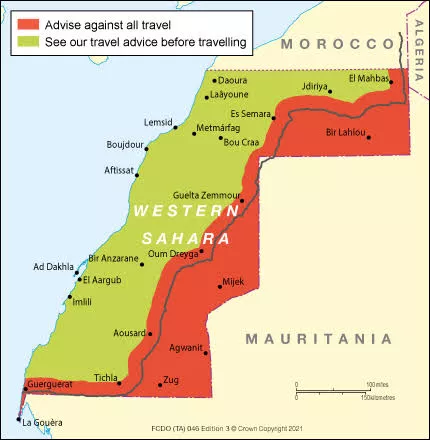
Morocco's Foreign Minister Nasser Bourita stated on Monday that a recent proposal by a United Nations envoy to partition the disputed territory of Western Sahara is "unacceptable," referencing the kingdom's past rejections of similar plans.
During a closed session of the UN Security Council last week, Western Sahara envoy Staffan de Mistura suggested dividing the territory between Morocco and the pro-independence Polisario Front to resolve the longstanding conflict. Bourita noted that de Mistura had made a similar proposal during his visit to Morocco in April, which was met with rejection from the kingdom.
"Morocco has not and will not even accept hearing the proposal, because it contradicts the kingdom and Moroccans' principled position that the Sahara is Moroccan," Bourita asserted during a press conference in the capital, Rabat.
Western Sahara is largely controlled by Morocco, yet the Polisario Front, supported by Algeria, has been advocating for independence since before Spain's withdrawal in 1975. The territory is classified as a "non-autonomous territory" by the United Nations. Morocco claims about 80 percent of the area and proposes a plan for limited autonomy under its sovereignty.
The Polisario Front seeks a referendum on self-determination, a process initially planned following a ceasefire in 1991 that has yet to be implemented. De Mistura, a 77-year-old Italian-Swedish diplomat, has served as UN Secretary-General Antonio Guterres' personal envoy for Western Sahara for the past three years.
Bourita also referenced a similar plan proposed by former UN envoy James Becker in 2002, which was rejected by Morocco. "Morocco does not negotiate its sovereignty over the Sahara," he said, emphasizing that the issue is "a regional dispute with a neighbouring country that objects to Morocco's sovereignty over its land."
Diplomatic relations between Algeria and Morocco were severed in 2021, partially due to this conflict. In 2020, the United States recognized Morocco's annexation of Western Sahara in exchange for Rabat's normalization of ties with Israel.
Bourita called for "round table" discussions to achieve a "political solution" to the conflict within the framework of Moroccan sovereignty. The press conference was held alongside Estonian Foreign Minister Margus Tsahkna, who stated that Estonia views Morocco's autonomy plan as "a good, serious, and credible basis for a solution."

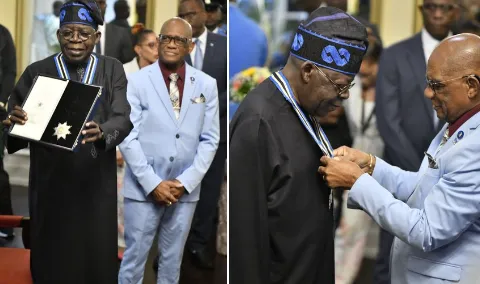
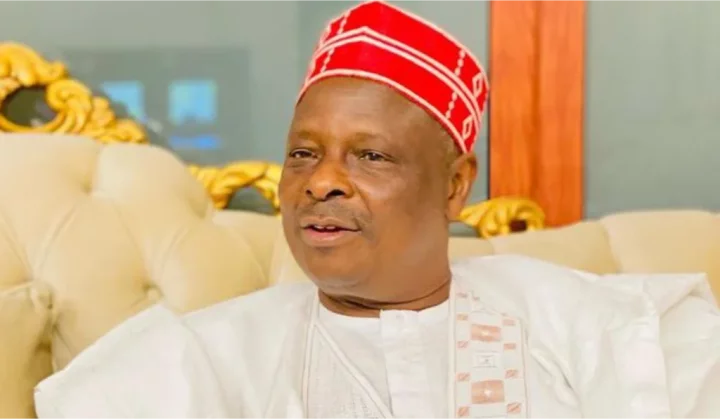
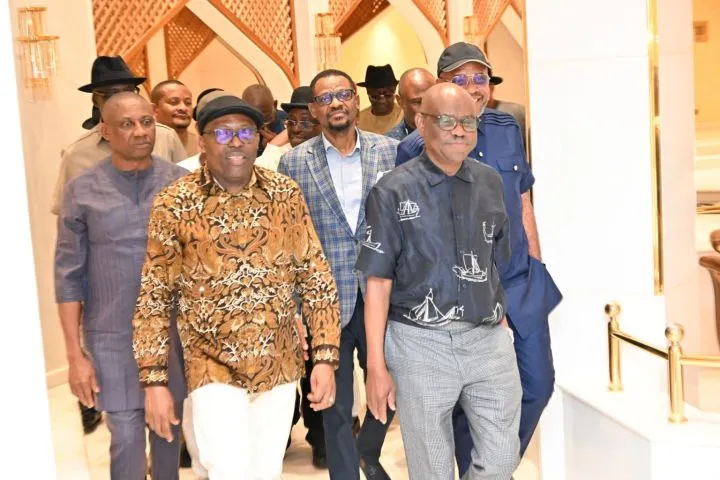
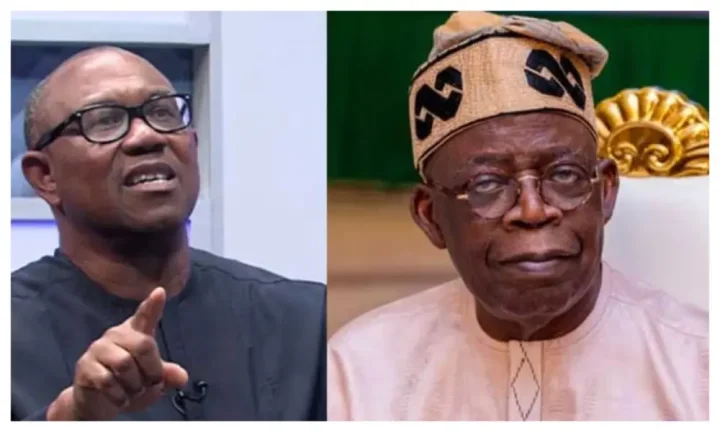
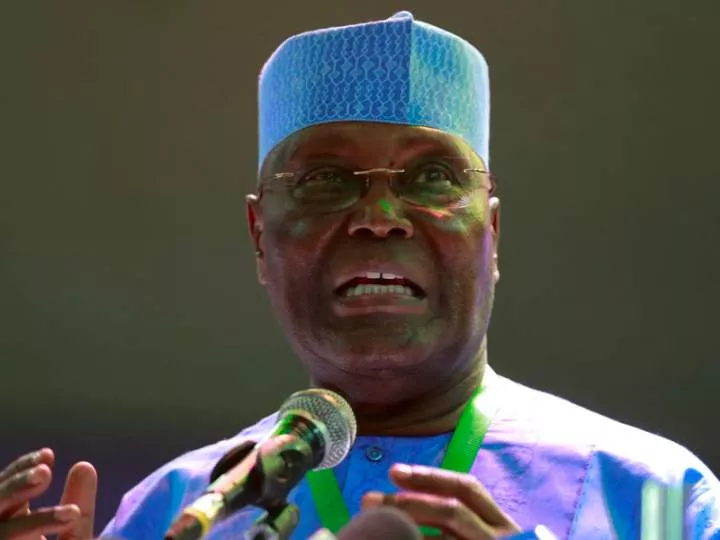
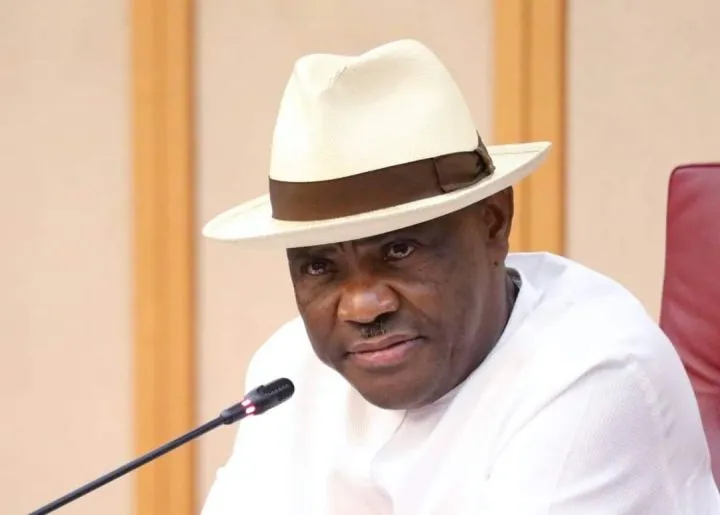

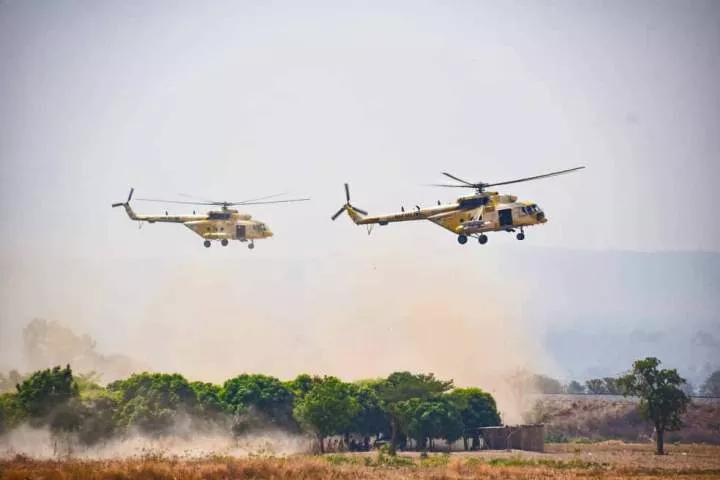




.jpg)


Comments